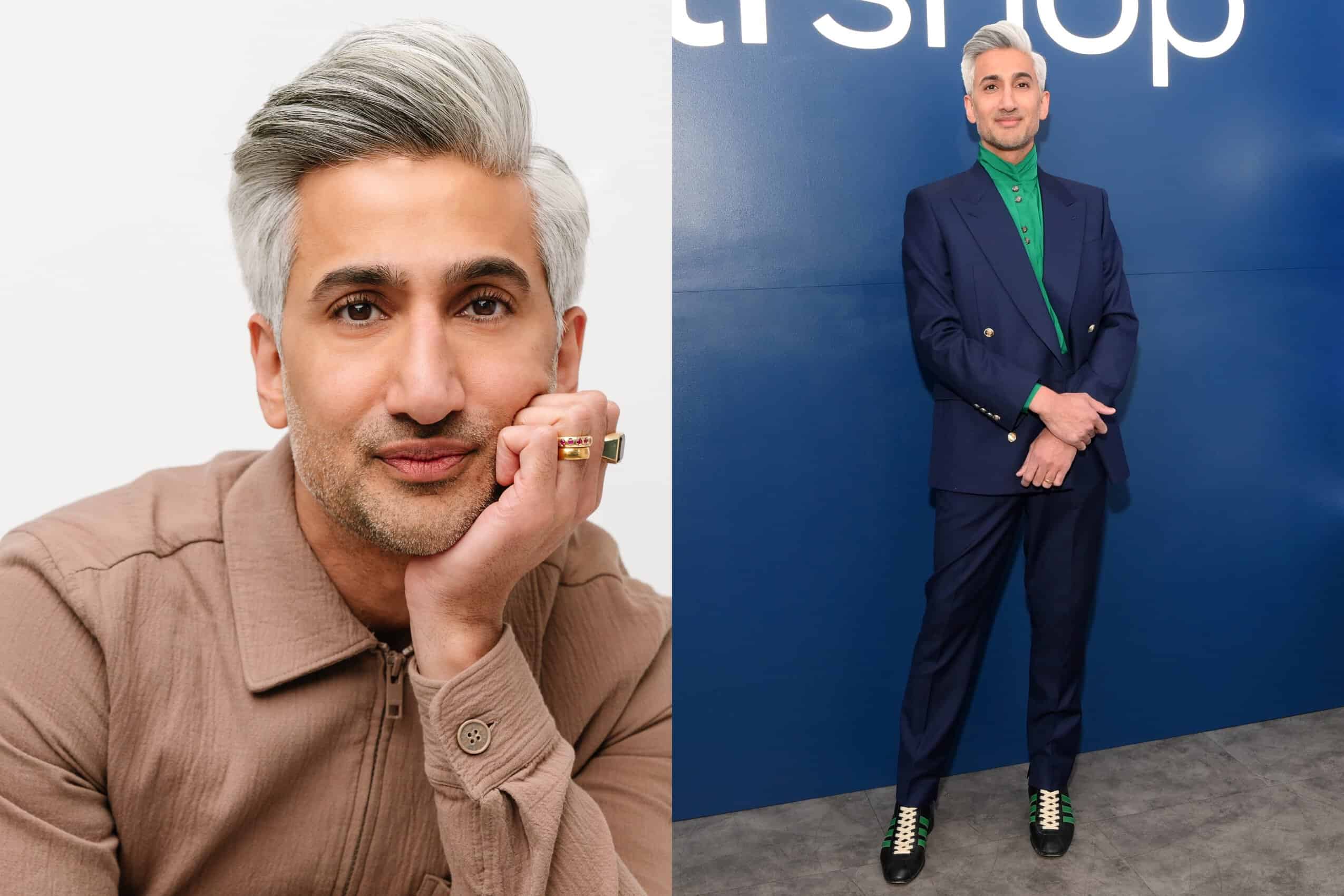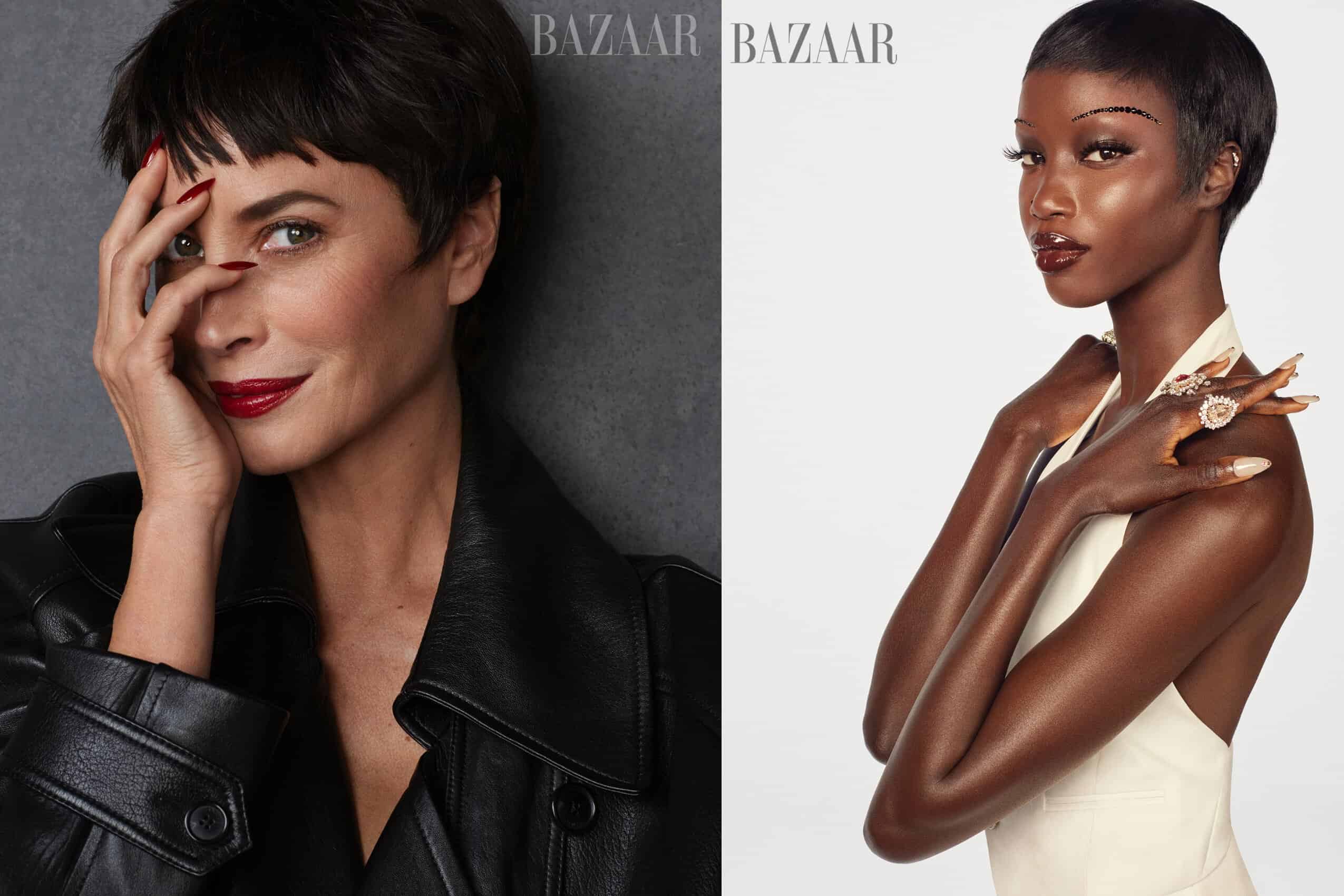
Applying pedagogic theory to coaching
In the eyes of a child, magic is real; just as much as Santa Claus, the sun, and the moon. The unbridled enthusiasm that nestles in the heart of youth is endearing to us adults. One might venture that it is the chance to influence young minds, attitudes, and dreams that attracts so to teach and coach.
It is so easy to see how many a parent’s own love for a sport transcends into encouragement and then evolves into coaching. And that coaching requires a good command of the rules and principles of the sport. Most coaches couple that with the mantras of:
- Practice and drill
- Build stamina
- Study plays
- Focus on the play to come
Standing on the sidelines, many take to barking orders and admonishing mistakes. But is this all that a coach is?
Creating a plan that builds up an athlete’s capability is an art. Spotting the timing mistakes, bad technique, and the adroitness of hand, foot, and eye coordination play an enormous part. And one core duty of a coach is to drill athletes repeatedly. This is a tried and proven technique to make reaction reflexes second nature.
But for every slip-up by an athlete, there is likely a cascade of doubt and recriminations. Many times, repeating the same or similar error releases a re-roll of past mistakes. Doing so, as the competition mounts, can chip away at a child’s self-confidence. As the young, budding stars mature, so does their recognition of what is real. That magic that fueled their earlier enthusiasm takes a battering.
Critiquing others is as old as the hills: education relies heavily on praise and reward. It is baked into our socialization DNA. Perhaps since the time we descended from the trees to run across the savannahs of Africa, we have been longing for pats on the head and shrinking from the scolding of disappointed tribal elders. Naturally, such should find its way into modern-day coaching.
While the positive side of a winning pass, for example, is encouraging, the downside is that equally, there is a negative takeaway when that pass is intercepted. While success brings elation, the impact of failure can have a more profound effect on both the athlete and the team.
Some academics such as Dweck have concluded that there is another way of looking at learning, something she refers to as the Growth Mindset. When one takes a curious attitude towards learning anything, as opposed to feeling as if one is constantly being tested and rated, the bite of failure has less, if any, sting. This is referred to as a Fixed Mindset.
The Fixed Mindset is, in some ways, about how one is seen, firstly by others. But more so, by one’s self. By constantly asking, what do others think or after failure, feeling that one has let down the team we are degrading our confidence, and questioning our next moves.
The observations of Dweck et al, were that rather than grounding oneself down with failure, one instead looks at what lessons can be learned from the mistake(s). By looking at one’s mindset, that is, the way one accepts and integrates learning skills, one creates the chance to grow. One can liberate oneself from the tyranny of self-doubt and recrimination.
Young athletes though, as pointed out at the start, are impressionable. Their attitudes towards themselves and the sports they play are shaped by those who coach them. Thus if as a coach, you impart and repeat the Growth Mindset mantra, you will enable those budding sports stars, just like other professionals, to set goals and highlight their attitudes as strengths in their future careers.
While it is unlikely that one can remain silent when everything goes right (especially if there are dozens of parents yelling), consider how a more measured reaction conveys a sense of professionalism and helps young athletes maintain concentration. By learning to both feel, but not indulge in the momentary high (as well as low), they can maintain focus. Pete Sampras once explained that he rarely celebrated a great play just as he never admonished himself on a mistake. Deciding not to jump for joy on the ups means that conversely, one does not mope on the lows. And while the ups do feel good, moping is more likely to lead to many more, subsequent, unforced errors.
This mindset is not just applicable in the game. It goes beyond as young athletes move on to have professional careers. A growth mindset allows one to:
- Be curious,
- Accept not being in complete control, and
- Grow from the lessons learned
These are life skills. They help as those all-stars find their future careers, whether it be in sports or elsewhere. The growth mindset allows one to create long-term plans by looking at the outcome of what they have learned in order to devise the right, next step(s). In this way, what one does, regardless of setbacks shapes the young athlete. The advice of the actor, Chadwick Boseman described a fearlessness that must necessarily come from having a Growth Mindset. By being shaped by the acceptance of who we are instead of what people think of us (or more so, what we think others think of us), we can deliver the best from within us. In the end, that is what a coach is striving to accomplish.
So either way, whether a pass hits its target, or is intercepted, both outcomes carry an emotional charge. Coaches can teach athletes to not let the moment engulf players, and then, regardless of whether good or bad, to put the next moment’s energy to its best use, by continuing to be mindful and keeping one’s head in the game.
You can view the original article HERE.




:quality(85):upscale()/2024/04/24/704/n/1922398/38e84cfb66292b21a38262.25923048_.jpg)

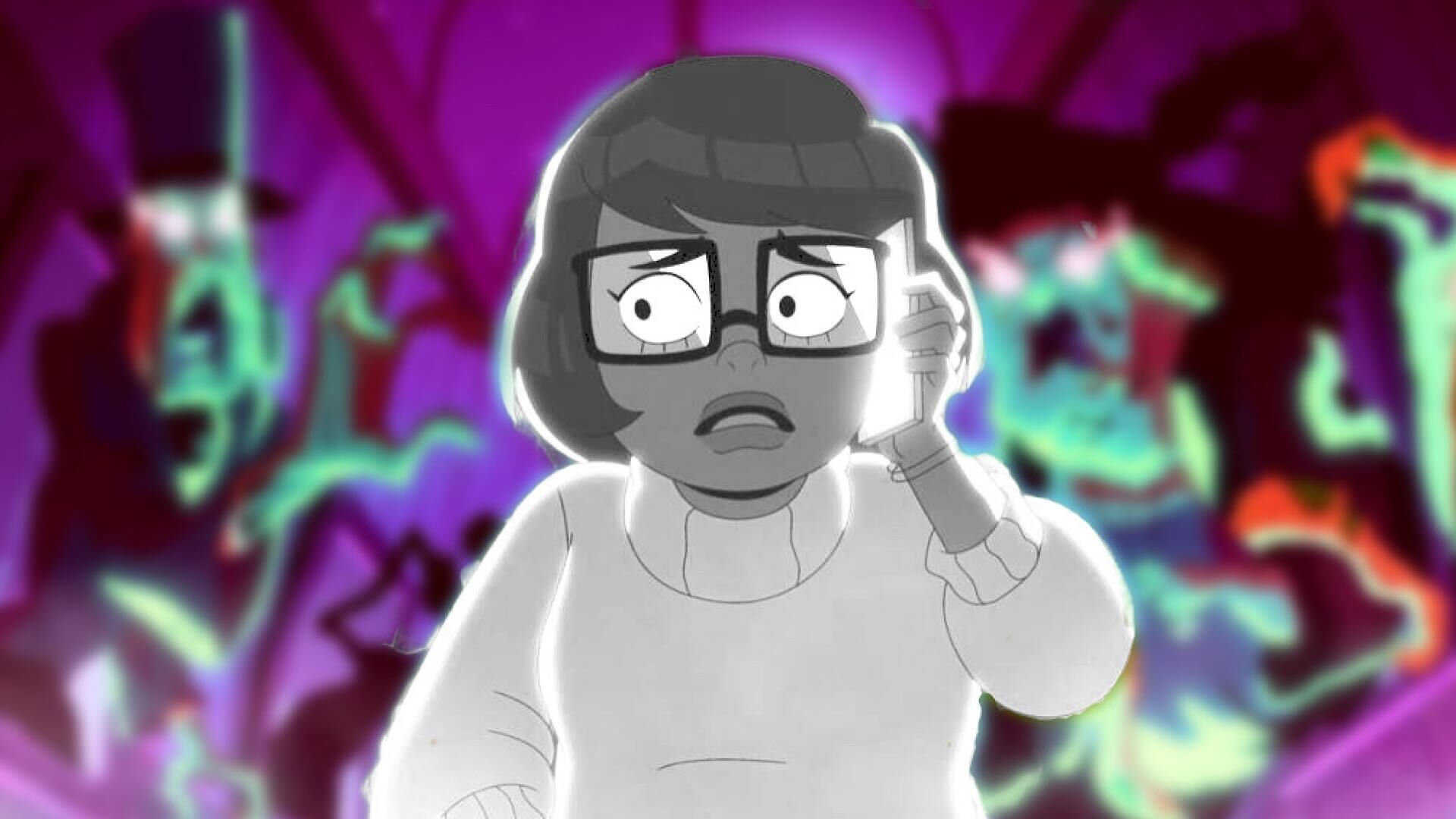












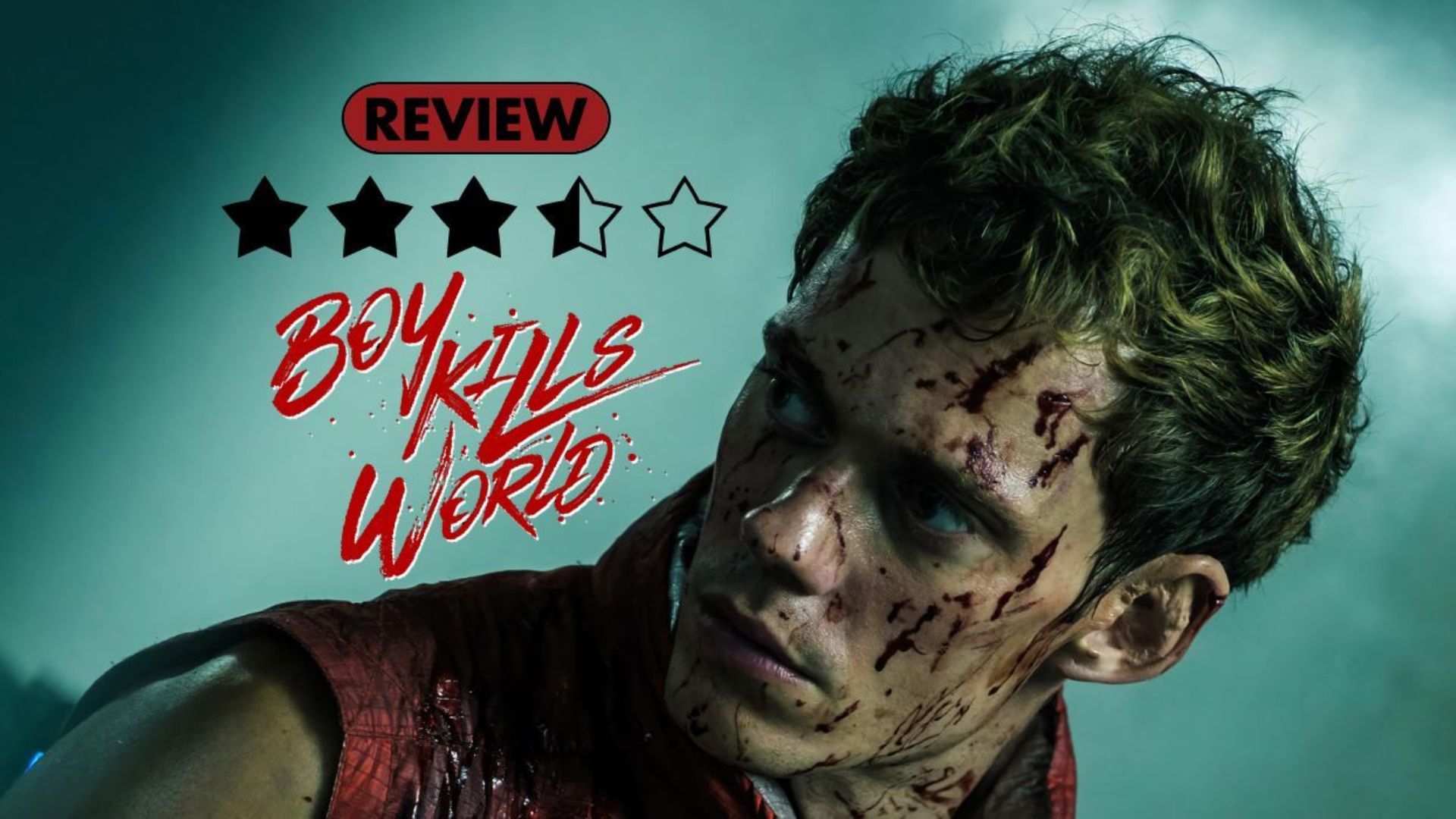
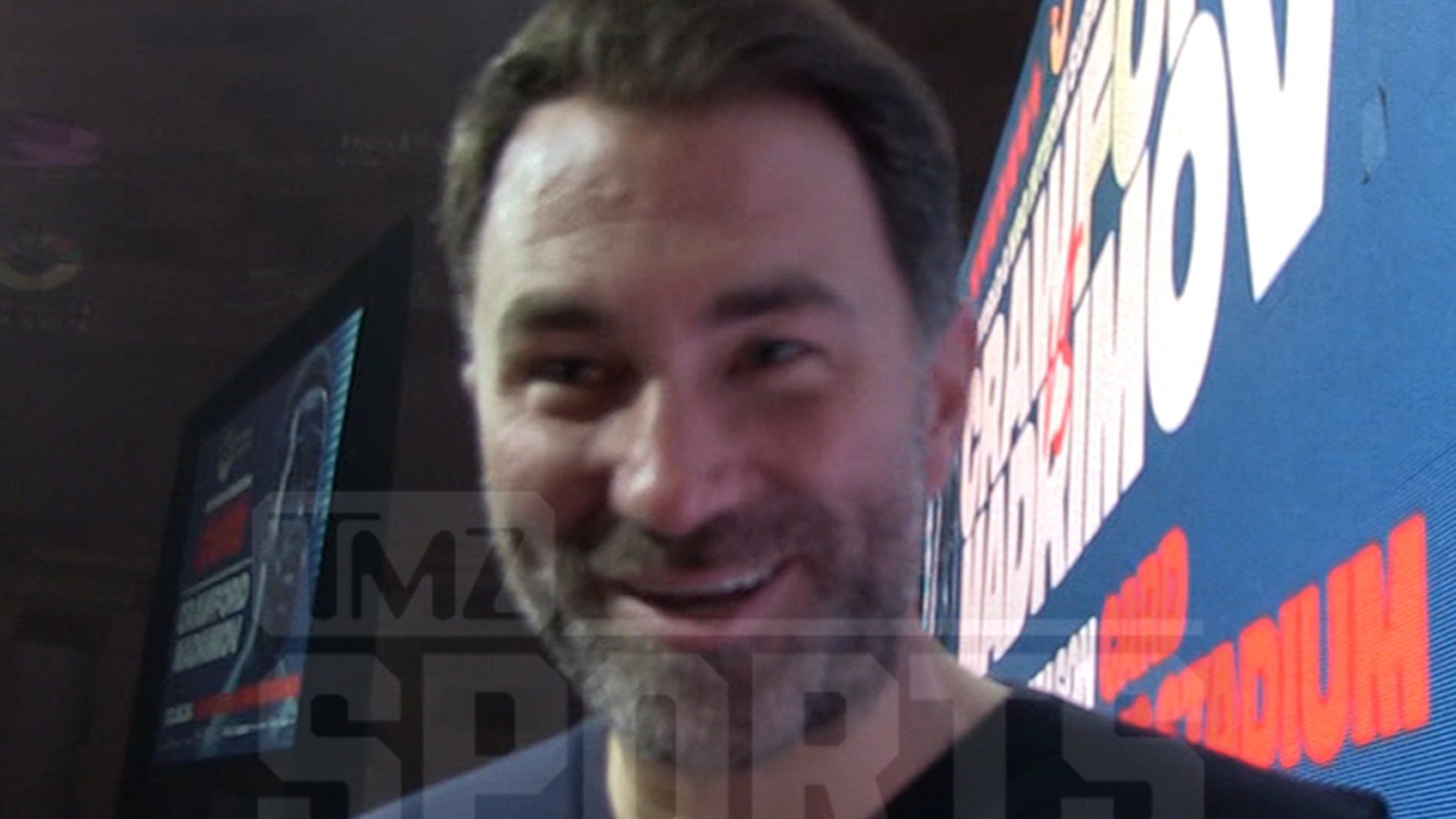
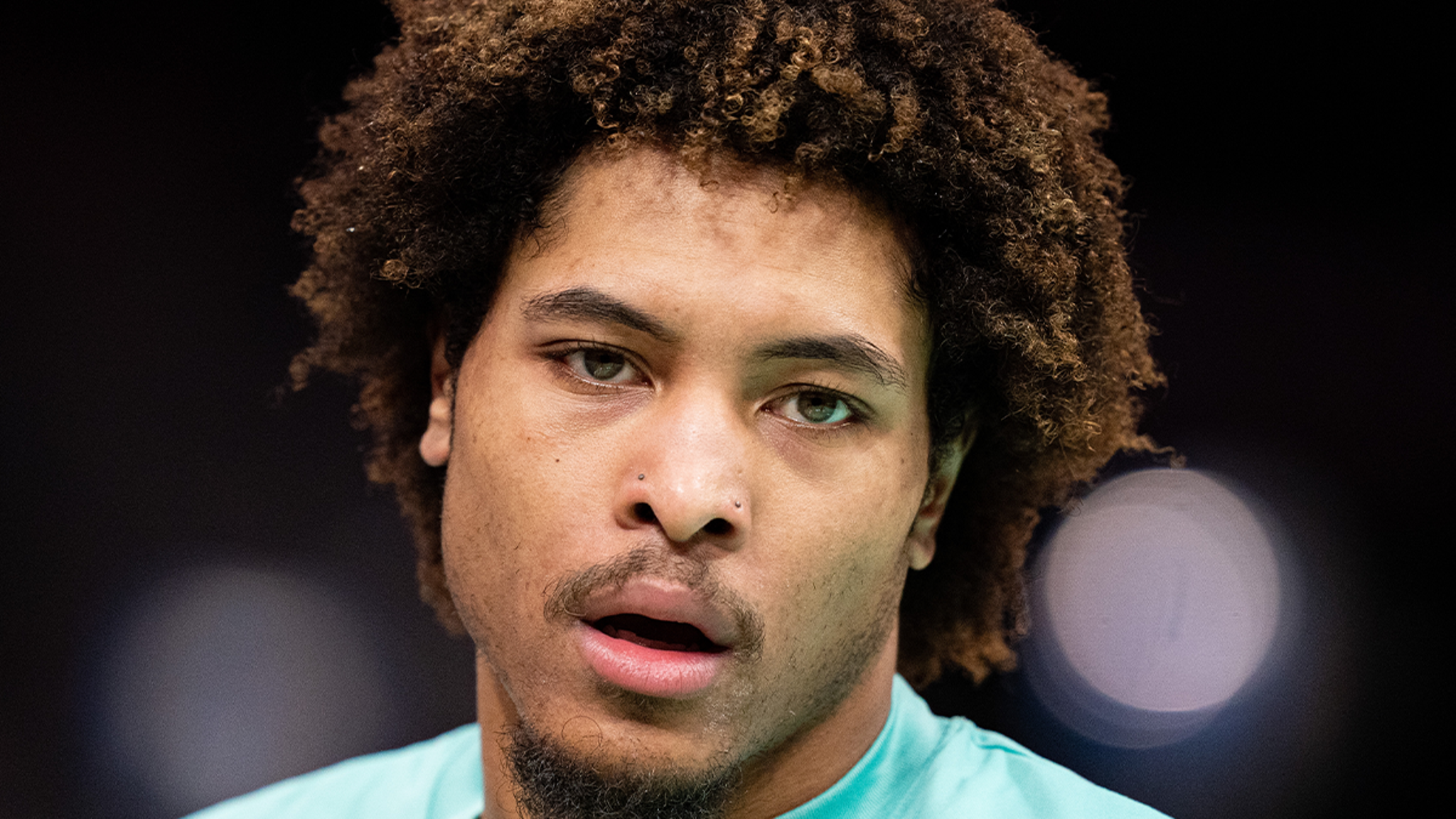
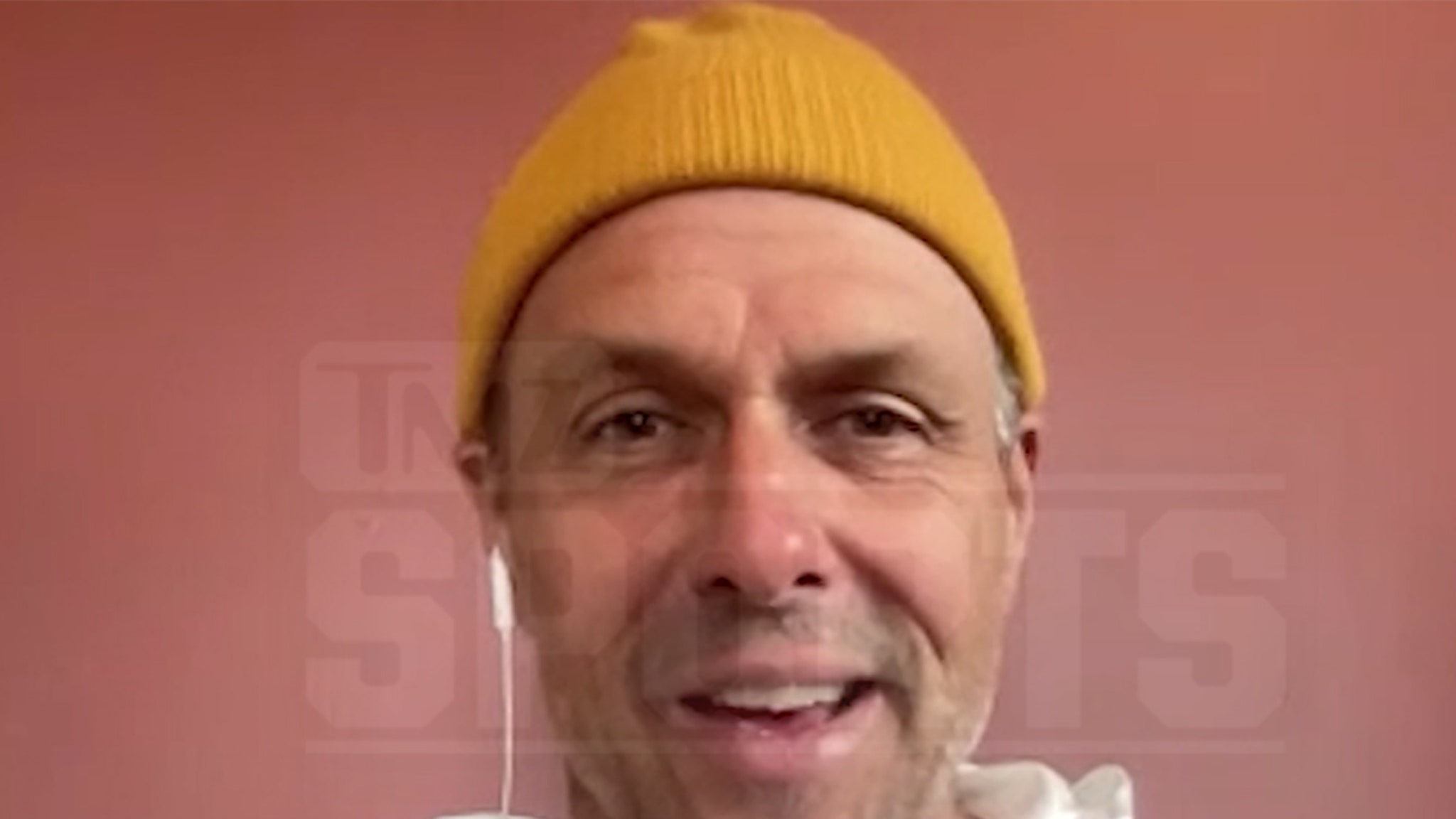
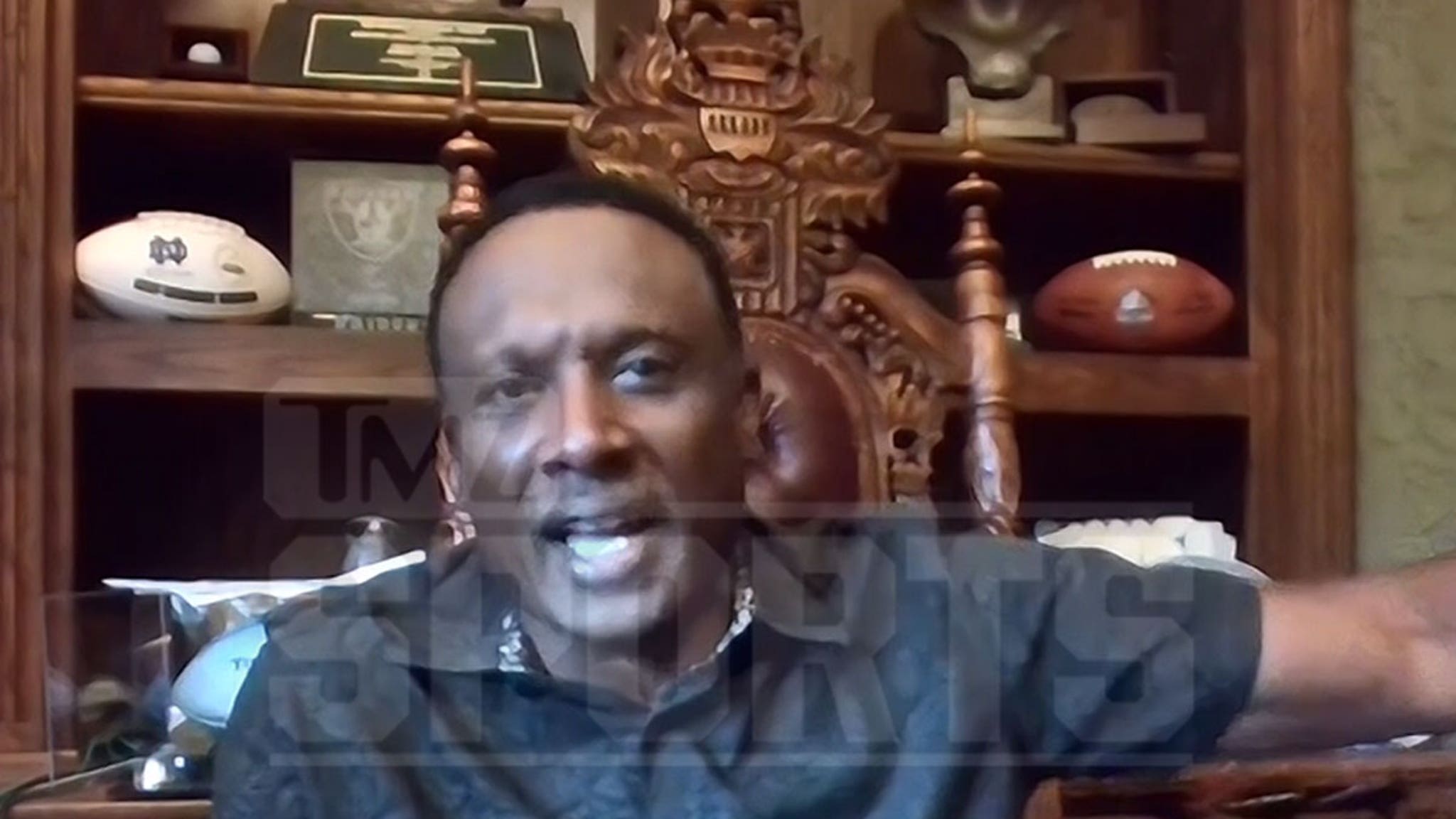
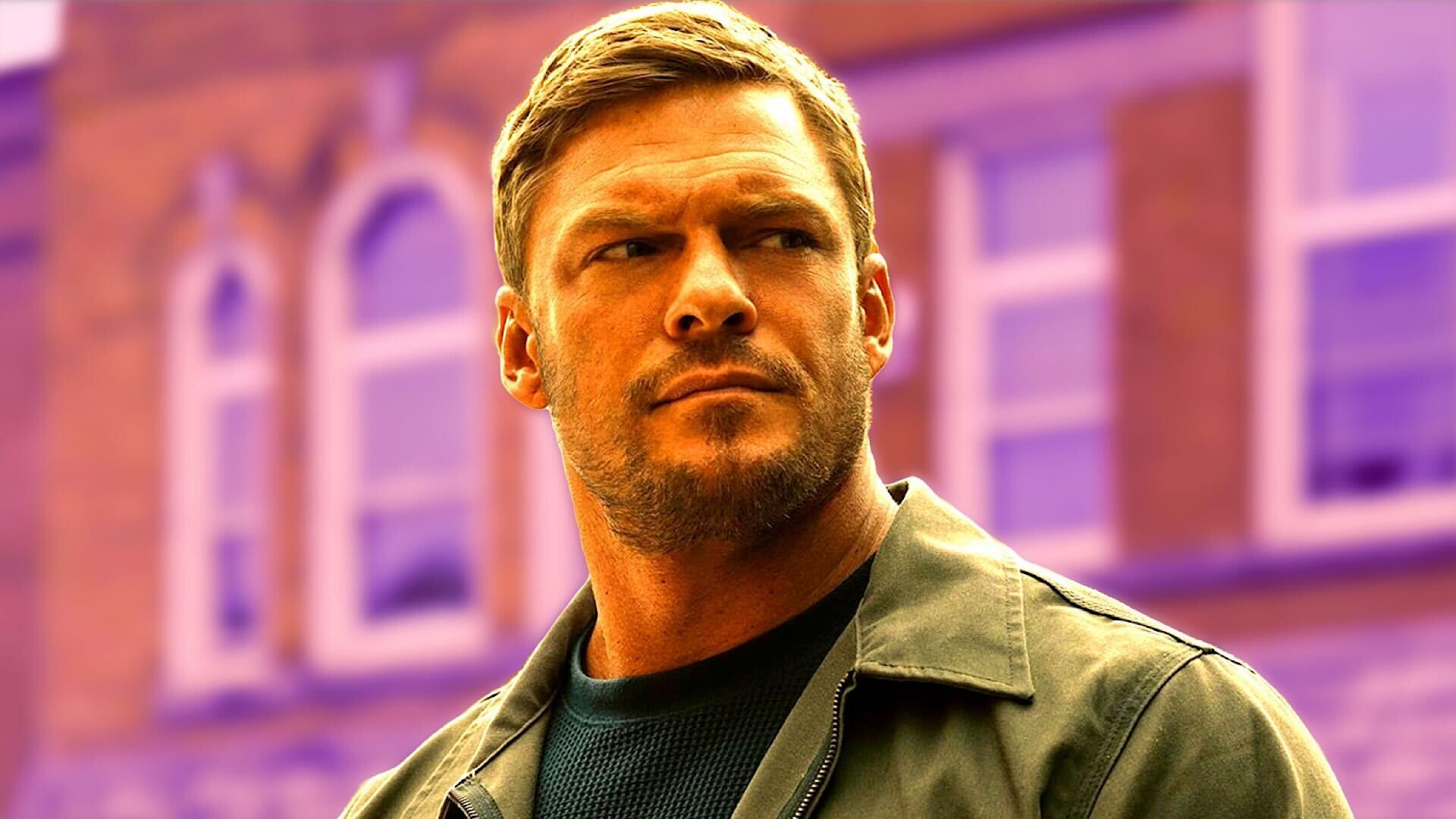
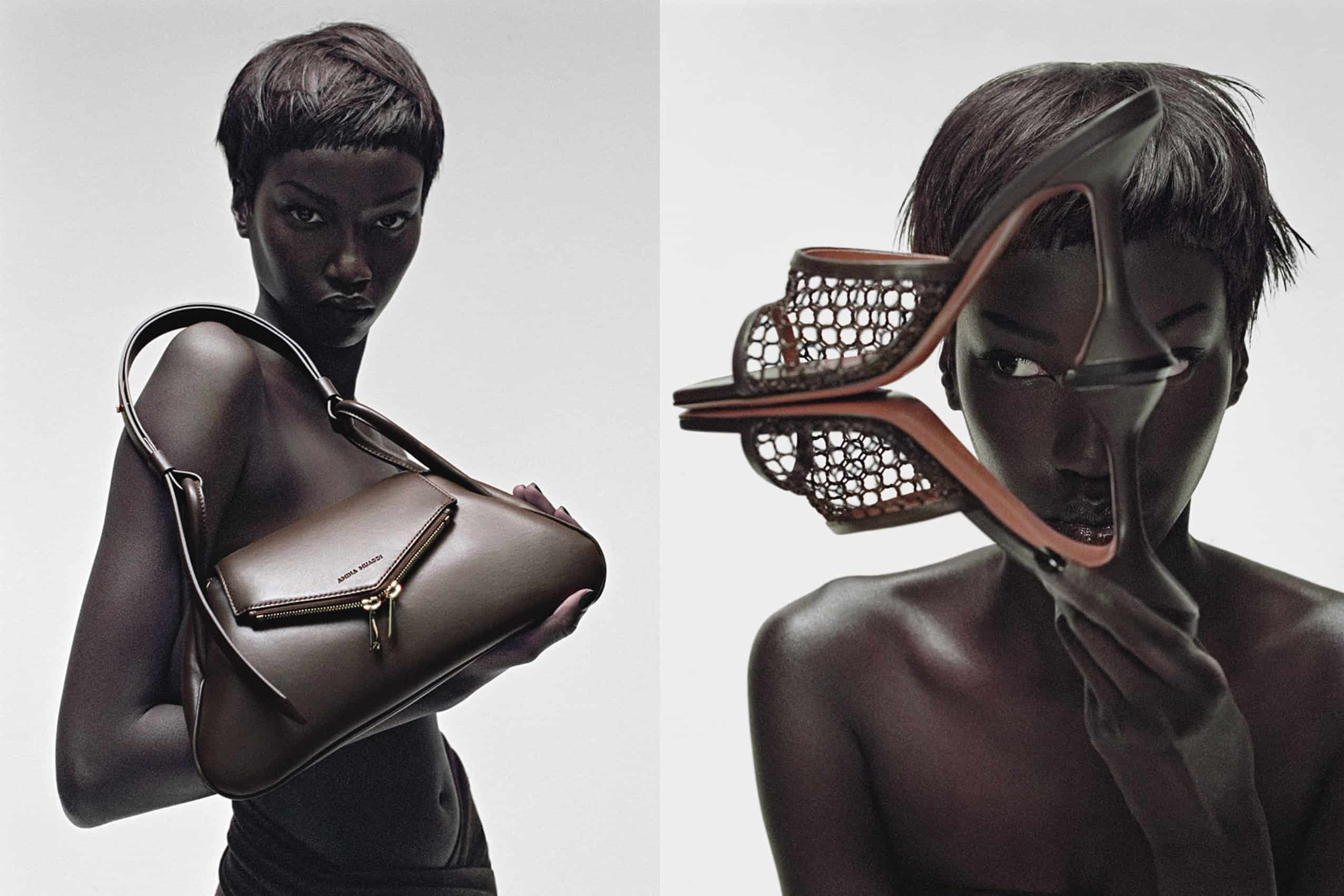
:quality(85):upscale()/2024/04/23/103/n/1922564/4749edea6628605c71c3f6.29683549_.jpg)
